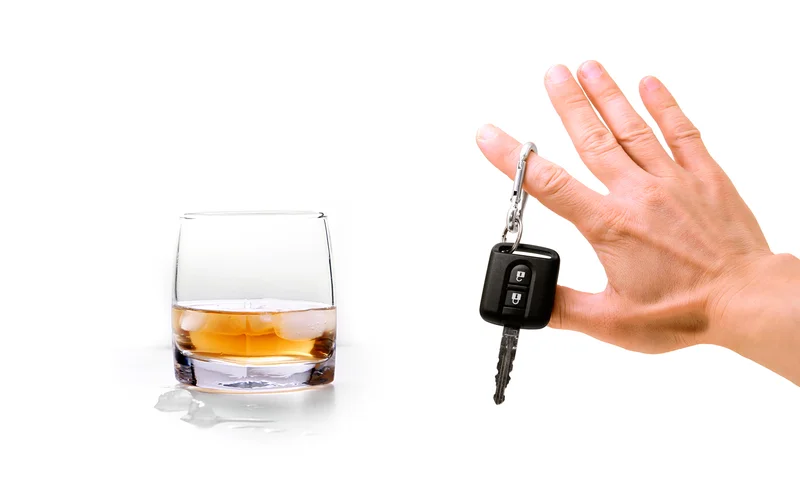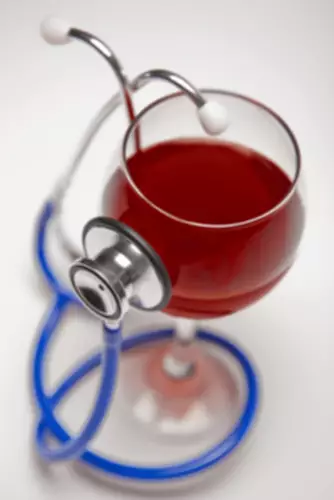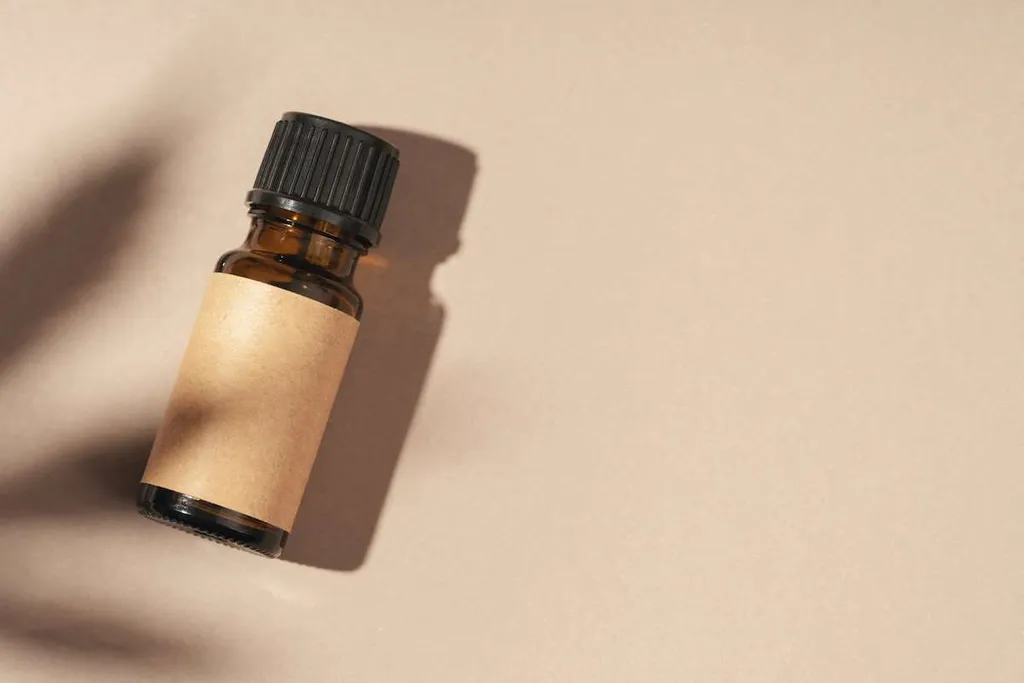Signs & Symptoms of A Dry Drunk

High expectations for a “new life” can contribute to dry drunk syndrome. ‘Dry drunk syndrome’ is a stigmatizing term no longer used in the field of substance use treatment. It was initially used to describe someone who is no longer drinking but has some of the same behavioral issues and difficulties they experienced when they were drinking. It is now recognized that people can experience extended withdrawal for numerous reasons, and receiving behavioral health and addiction treatment congruently can help recovery from protracted withdrawal. If you are sober but not receiving treatment, you may be at risk of replacing your alcohol addiction with a different addiction. This is due to not dealing with the underlying issue that led you to start drinking in the first place.
Drug & Substance Abuse FAQs
“Dry drunk” means someone who hasn’t let go of all the dysfunctional behavior related to substance abuse, even after becoming sober. Such individuals are often intensely isolated and feel disconnected from those around them. Learning the symptoms of dry drunk syndrome as well as a few strategies to better cope can help you or someone you love to move past this stumbling block toward lasting recovery. In this article, we’ll explore what dry drunk syndrome really is and how you can help your loved one cope with life after addiction. Believing that simply quitting alcohol is enough can lead to stagnation in your recovery journey.
Dry Drunk Syndrome and Alcohol PAWS: Dealing With Behavior Patterns
For the creators of the Alcoholics Anonymous groups, the dry drunk syndrome timeframe is a dangerous breaking point for physically and mentally giving up drinking. However, sobriety and abstinence from alcohol are only part of recovery when someone struggles with an alcohol use disorder (AUD). If someone hasn’t dealt with underlying factors contributing to dry drunk syndrome their alcohol addiction, they might be described as a dry drunk. Someone who’s a dry drunk behaves in almost every way like a person still in active addiction, but they aren’t drinking. Dry drunk syndrome is a term that Alcoholics Anonymous (AA) originally developed. AA used the term to describe a person who has stopped drinking alcohol but still experiences the issues or behaviors that contributed to their alcohol use disorder (AUD).

Someone Who Never Went to Treatment

If you’re a treatment provider and have a question, please reach out and someone from our Customer Success team will be in touch with you shortly. AddictionResource aims to present the most accurate, trustworthy, and up-to-date medical content to our readers. Our team does their best for our readers to help them stay informed about vital healthcare decisions. Individuals who notice symptoms of alcohol PAWS should contact their doctor or rehab center immediately. Signs of psychosocial dysfunction are prominent in most long-term alcohol abstinence cases, including impeded social functioning and integration in society.
Develop Healthy Coping Mechanisms

The terms “dry drunk syndrome” and “sober drunk” refer to the conditions that afflict individuals after the point where they no longer have a physical craving for alcohol. During these periods, recovering addicts may continue to behave as if they’re addicted. Usually, drugs and alcohol post-acute withdrawal syndrome are treated in medical settings when an individual’s capacities are severely affected. Specific PAWS treatment will only be available once the disorder has been officially recognized, but patients can find help in addiction recovery houses and rehabilitation centers. The post-acute withdrawal syndrome timeline shows progressive improvement, which is the fastest at the initial period of alcohol abstinence.

- Try to remember this isn’t necessarily a situation they chose to be in.
- The term “dry drunk” originated in Alcoholics Anonymous (AA) and refers to someone who has quit drinking but still exhibits the negative behaviors and attitudes that were prevalent during their active addiction.
- Due to the implication that someone is not trying hard enough to recover, the term has negative connotations, and AA now discourages its use.
- Addiction is a complex interplay of physical, emotional and mental health factors.
Your loved marijuana addiction one has worked hard to overcome their addiction to alcohol. They have undergone medically supervised detox and are now attending a professional addiction treatment program as well as a local 12-step group. We believe everyone deserves access to accurate, unbiased information about mental health and recovery. That’s why we have a comprehensive set of treatment providers and don't charge for inclusion.
- Hiding alcohol use and addiction usually requires lying, which can be a hard habit to break for those with dry drunk syndrome.
- We will provide the necessary support to overcome dry drunk syndrome while allowing you to maintain your daily responsibilities.
- Maybe they slipped up and had a drink after several months of sobriety.
- You’ll learn new skills, accept your emotions, and explore ways to better yourself.
Daily Dry Drunk Recovery Routines
Click on the state you are interested in, and you'll get a list of the best centers in the area, along with their levels of care, working hours, and contact information. While it is possible to cope with post alcohol withdrawal syndrome without medical help, getting back to the premorbid functioning levels is the most efficient with the assistance of a medical professional. When a person experiences dry drunk behavior patterns, the way to get back on track is to do what is supposed to be done.
- Without treatment, you lose the chance to identify trauma, mental health conditions, and instill positive coping skills.
- By Buddy TBuddy T is a writer and founding member of the Online Al-Anon Outreach Committee with decades of experience writing about alcoholism.
- Other, more dangerous outcomes can also occur during withdrawal, including delirium tremens, a brain condition that can lead to coma or death.
- Even the people who you alienated before you quit drinking may welcome the opportunity to spend time with you.
How Common Is Dry Drunk Syndrome?

Overall, living with dry drunk syndrome can be incredibly difficult for both the person in recovery and their family. At Boardwalk Recovery Center, we ensure that alcoholics are able to identify the necessary internal work they need to complete for their recovery. We also help them understand that staying sober and living in recovery means a lot more than just staying away from the bottle.
What Are The Signs of Dry Drunk Syndrome?
The dry drunk syndrome is when you turn to destructive coping habits instead of developing healthy habits. For recovery to be successful, you must deal with any mental health issues or trauma contributing to your substance abuse problems. A dry drunk is someone who isn’t actively using alcohol but is still experiencing the behaviors or the issues that led to their alcohol use disorder. To understand what a dry drunk is, it’s useful to understand alcohol use disorder. When someone has an alcohol use disorder, it affects8 their brain, behavior, and emotions.
How long do symptoms last?
Journaling or discussing your feelings with a therapist or support group can help you find emotional support. Since 1968, our goal has been to help individuals achieve a life of sobriety free from addiction. Our highly credentialed staff provide high-quality addiction treatment as well as nine medically researched evidence-based practices. If someone you know is exhibiting the symptoms of dry drunk syndrome, encourage them to continue treatment. Dry drunk syndrome can sometimes make those in recovery feel like they failed, and these feelings may cause them to slow their treatment efforts or even quit altogether.
